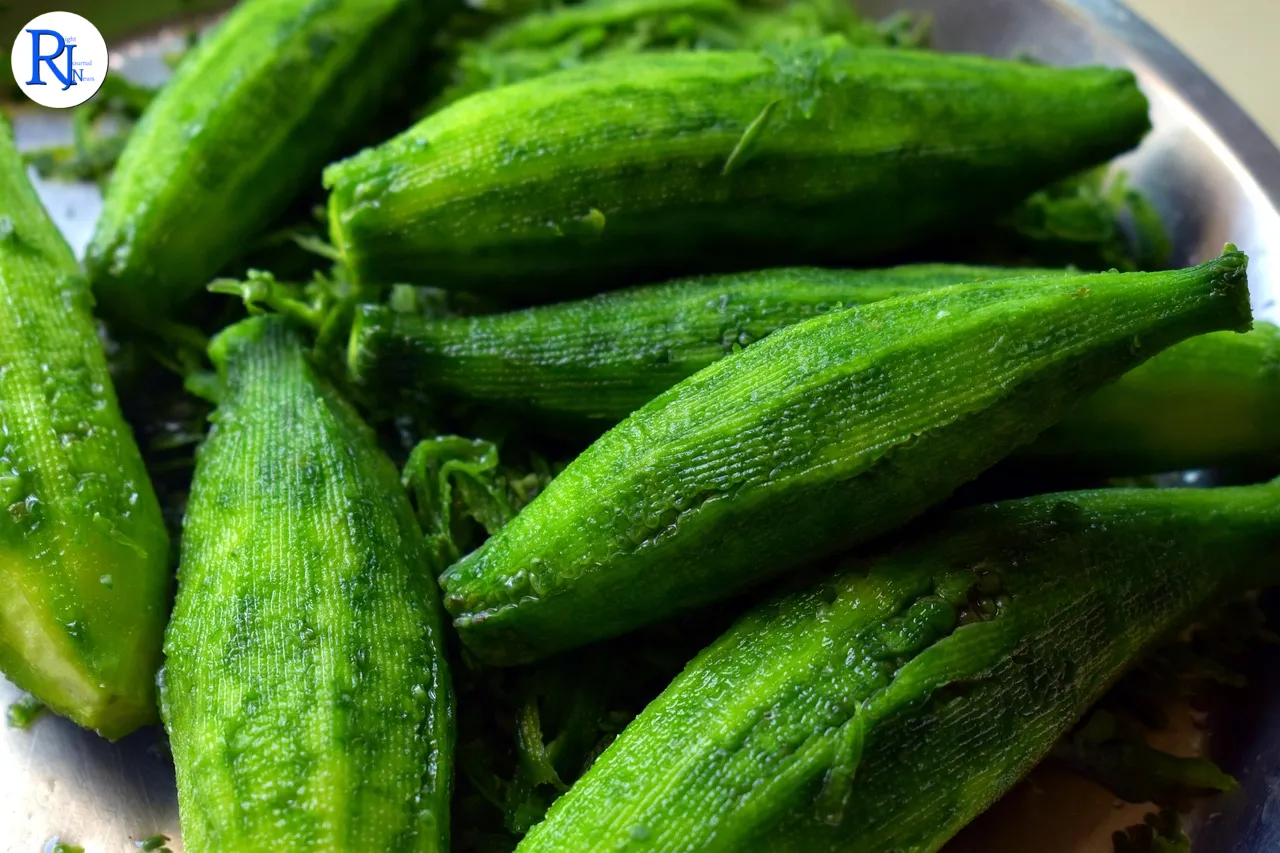Bitter melon for diabetes and fenugreek for cholesterol are gaining traction as potential health remedies, drawing attention from both medical researchers and health enthusiasts. With the growing interest in ancient healing practices, many are turning to Ayurveda, India’s traditional medical system, to explore these natural alternatives. This article delves into the scientific research supporting these age-old remedies and their place in modern healthcare.
A Surge in Interest for Ancient Remedies
In recent years, there has been a significant rise in interest surrounding ancient remedies, particularly those rooted in Ayurveda. This traditional system of medicine, originating in India over 3,000 years ago, offers a holistic approach to health and wellness. The use of plants like ashwagandha and turmeric has already made its way into mainstream wellness routines. Now, the spotlight is on bitter melon and fenugreek, two lesser-known but potentially powerful plants.

Bitter melon, also known as Momordica charantia, is traditionally used in various Asian cuisines and has been linked to blood sugar management. Fenugreek, or Trigonella foenum-graecum, is a staple in Indian cooking, reputed for its ability to lower cholesterol levels. As more people seek natural alternatives to pharmaceutical solutions, these plants have become subjects of scientific investigation.
Bitter Melon: A Promising Ally Against Diabetes
Research into the effects of bitter melon on diabetes has produced promising results. Bitter melon contains bioactive compounds like charantin, which have been shown to have insulin-like properties. Studies suggest that these compounds can help regulate blood sugar levels, making bitter melon a potentially valuable supplement for those managing diabetes.
A study conducted in 2023 by researchers at the University of the Philippines demonstrated that participants who consumed bitter melon extract experienced a significant reduction in blood glucose levels. This aligns with traditional uses of the plant, where it has long been prescribed for its hypoglycemic effects. However, experts caution that while initial findings are encouraging, more comprehensive clinical trials are needed to fully understand the efficacy and safety of bitter melon as a diabetes treatment.
Fenugreek: The Heart-Healthy Herb
Fenugreek’s potential to reduce cholesterol levels is another area attracting scientific interest. This herb contains soluble fibre, which can bind to cholesterol in the digestive system and aid its removal from the body. Additionally, fenugreek seeds are rich in saponins, compounds that are believed to reduce the body’s absorption of cholesterol.
A 2024 study published in the Journal of Medicinal Food found that participants who consumed fenugreek powder daily saw a notable decrease in total cholesterol and LDL cholesterol levels. These findings suggest that fenugreek could play a role in managing cardiovascular health, offering a natural alternative to traditional cholesterol-lowering medications. Yet, as with bitter melon, researchers emphasise the need for further studies to establish effective dosages and long-term effects.
Expert Insights and Cautions
While the potential benefits of bitter melon and fenugreek are compelling, healthcare professionals advise caution. Dr. Anjali Mehta, a leading researcher in traditional medicine at the University of Delhi, notes that while these plants have been used for centuries, their effects can vary depending on individual health conditions and existing medications.
“Natural does not always mean safe,” says Dr. Mehta. “It’s crucial for individuals to consult with healthcare providers before incorporating these remedies into their health regimen, especially if they are already taking prescribed medications.” This sentiment is echoed by many in the medical community, who stress the importance of integrating traditional remedies with modern medical advice.
The Future of Ancient Remedies in Modern Medicine
As interest in natural and holistic health approaches continues to grow, the integration of ancient remedies like bitter melon and fenugreek into modern healthcare systems appears increasingly likely. These plants offer a glimpse into the potential of combining traditional knowledge with contemporary scientific research.
Looking ahead, the challenge for researchers will be to conduct rigorous studies that can validate the efficacy of these remedies. This will not only ensure their safe use but also potentially unlock new pathways for treating chronic conditions such as diabetes and heart disease.
In conclusion, bitter melon and fenugreek represent a fascinating intersection of ancient wisdom and modern science. As research continues to evolve, these ancient remedies may well find a place alongside conventional treatments, offering new hope for those seeking natural health solutions.

